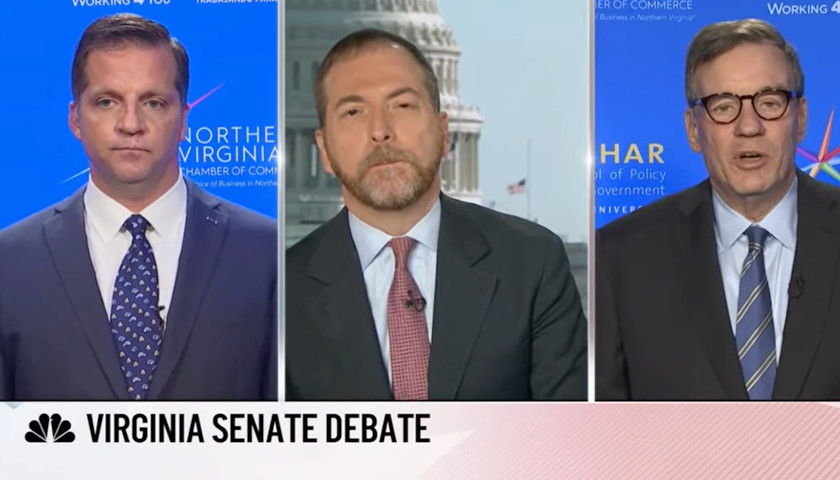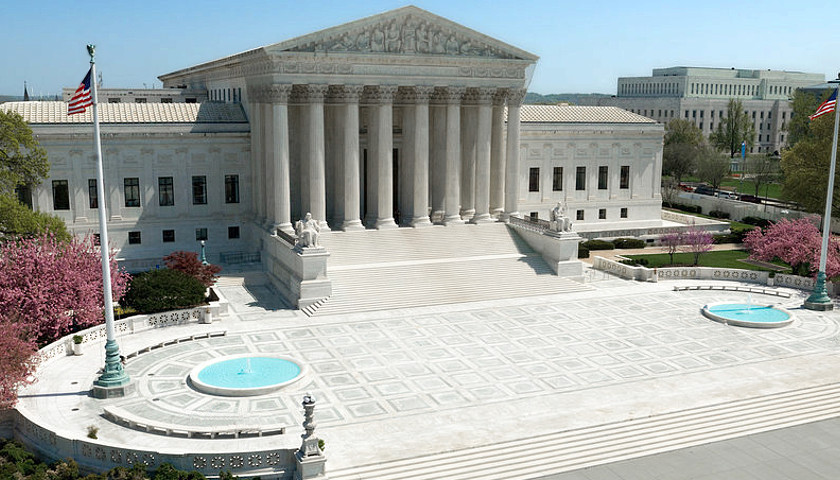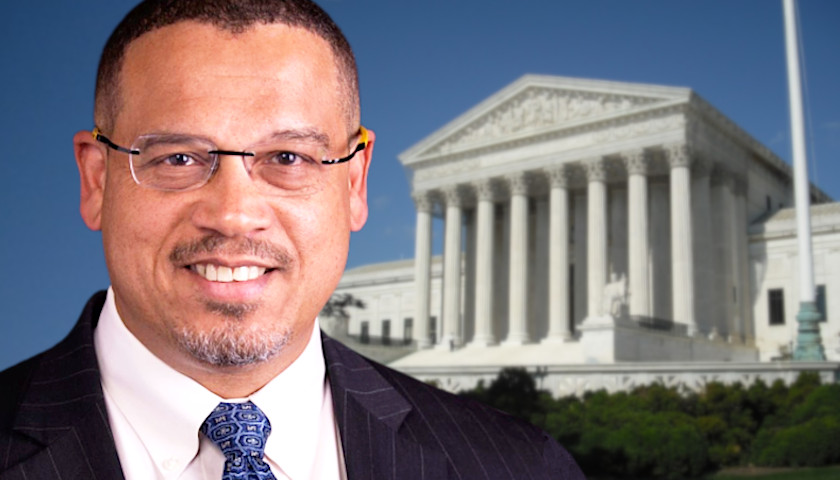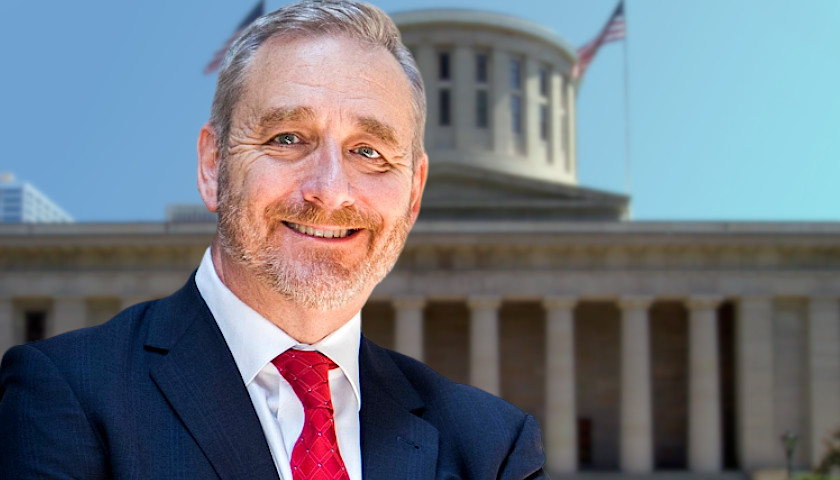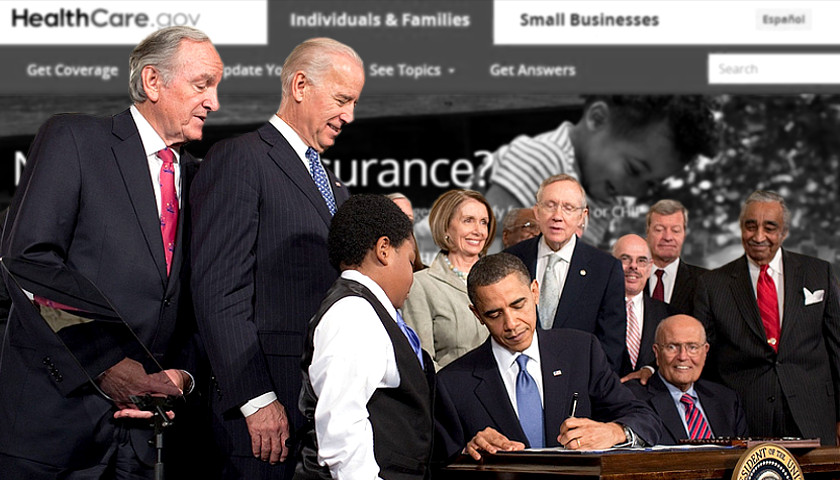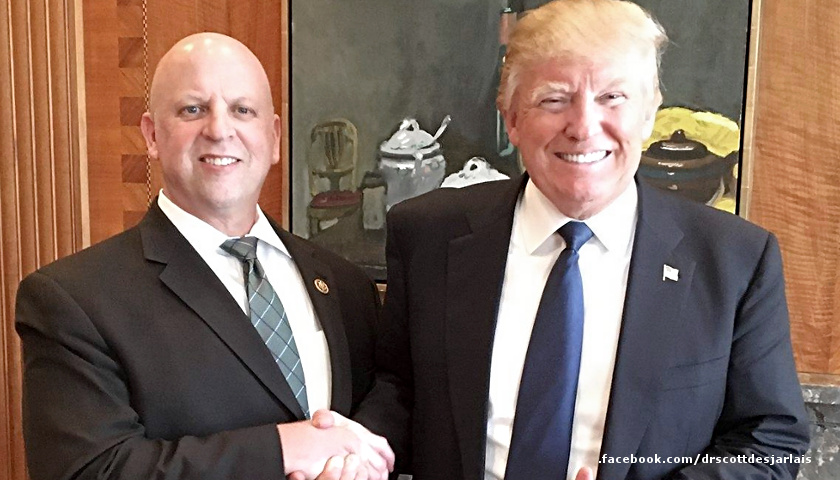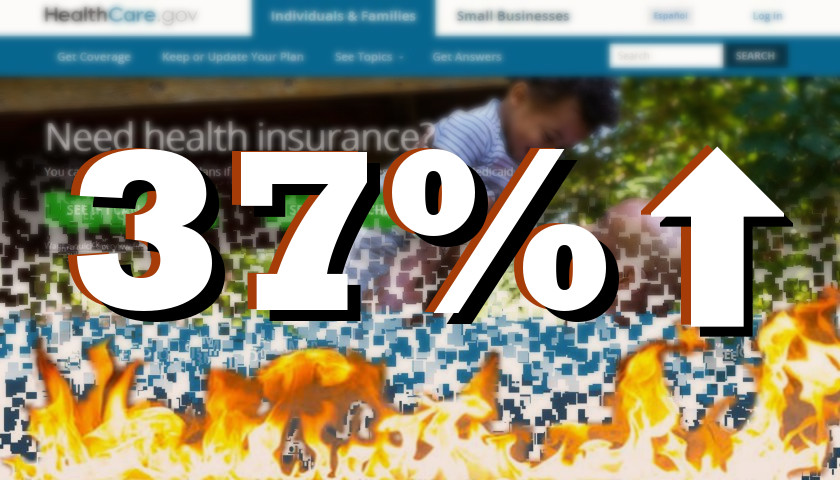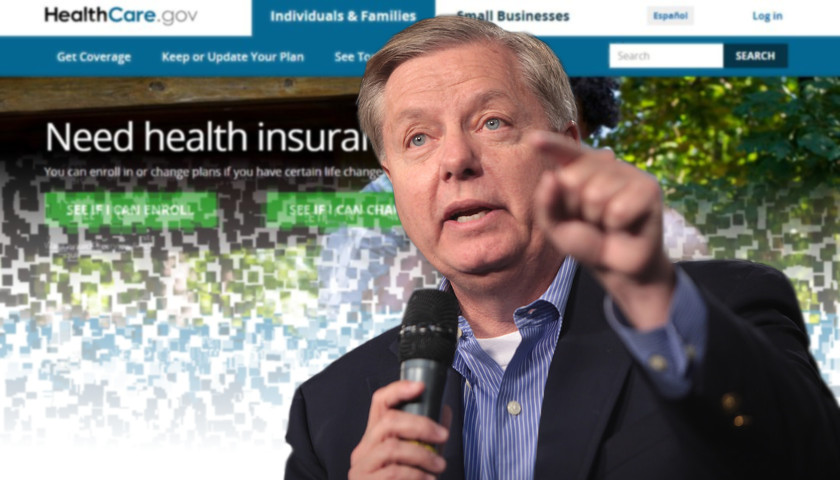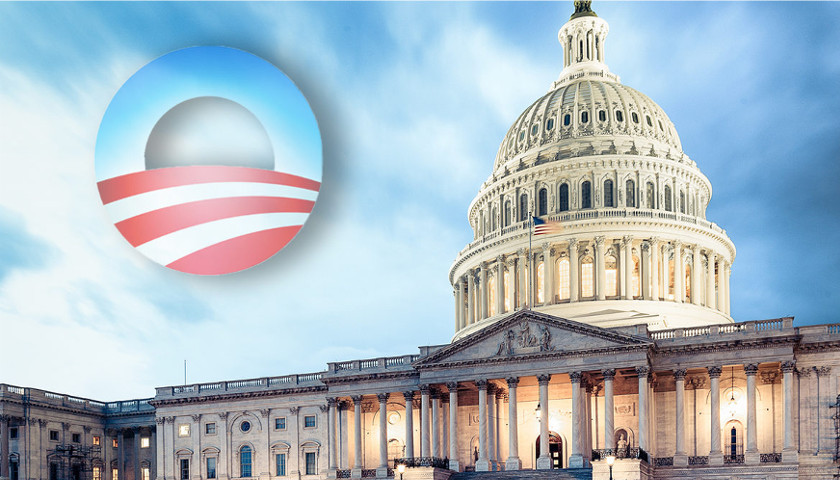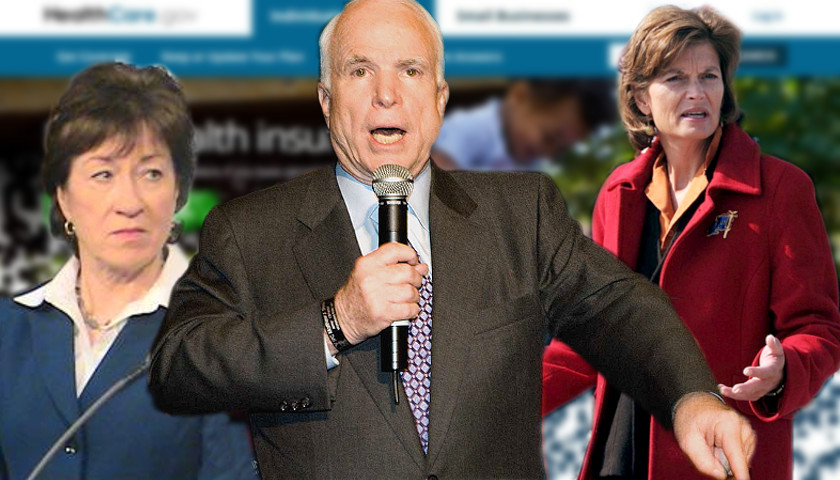by Dr. Kevin Pham and Robert E. Moffit Medicare Advantage, a system of competing private health plans, is surpassing the traditional Medicare fee-for-service program in delivering high quality, cost-effective medical care for senior and disabled citizens. The prominent research firm Avalere recently published a major study showing that Medicare Advantage generally outperformed traditional Medicare. This was especially so in caring for the most challenging patients who suffer from chronic conditions and complicated medical problems. Major structural differences between traditional Medicare and Medicare Advantage largely account for the differences in performance. Traditional Medicare, enacted in 1965, pays doctors and other medical professionals on a fee-for-service basis, meaning that the government reimburses medical professionals a specific fee for every one of thousands of services provided to Medicare patients. After almost two futile decades of trying to control costs, in the 1980s Congress overhauled hospital and physician payment. In 1989, Congress created a new physician payment system in which the government would reimburse Medicare doctors based on a calculation of the putative value of individual medical services—including the resources and time required to provide them—and capping the payment. This bizarre reimbursement formula, plus subsequent payment updates, proved faulty. Medical stakeholders compromise the entire process because they also are involved in setting the prices of Medicare’s services and continuously fight to evaluate their own services higher, leading to questionable fee schedules, confusion, and inefficiency. For years, traditional Medicare’s payment system generated perverse incentives, allowing hospitals, for example, to overtreat their patients, delivering more care and more services, more reimbursements, and higher revenues. Congress created Medicare Advantage in 2003 as…
Read the full story




